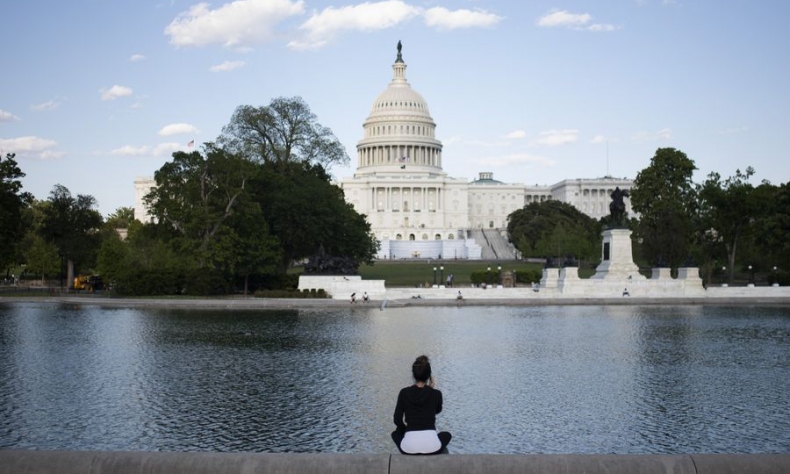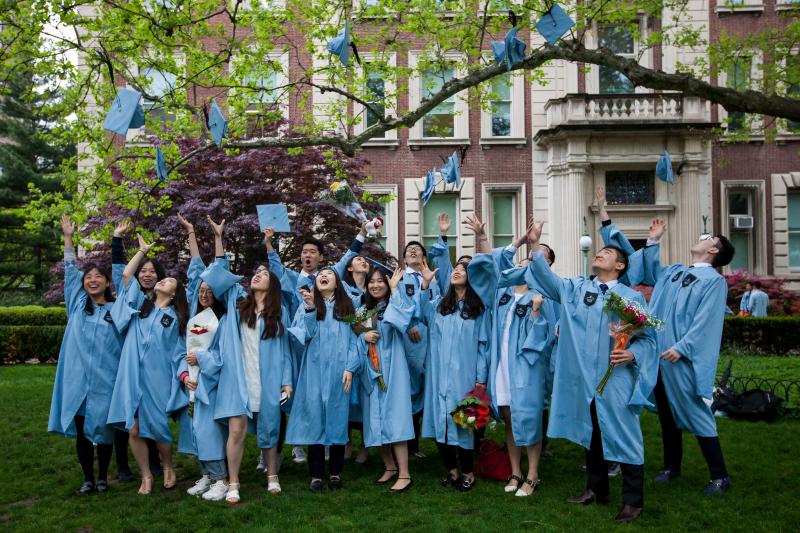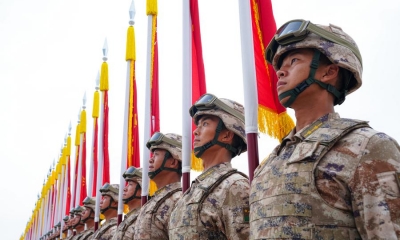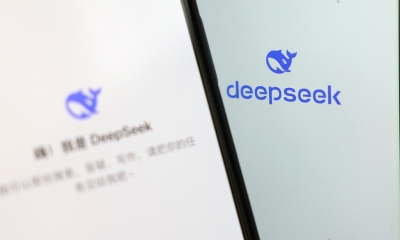“China Initiative” Should Be Ended If Biden Wants to Improve U.S.-China Relations

Biden will be strategic, and those of us who want to see the ‘China Initiative’ go away should expect the administration to abandon current cases against Chinese scholars while not pursuing any new indictments.
Many commentators have suggested that the dreadful ordeal Huawei executive Meng Wanzhou endured came to an end because President Joe Biden wanted it to. According to this narrative, Mr. Biden did not create the crisis that lasted for nearly three years, so he certainly wanted to see it wrapped up. As a result, he likely urged that a compromise be agreed to that would allow Meng to return to China.
If we accept that supposition, then the president can take another important step toward normalizing relations with China by tossing into the trash can the “China Initiative.” Unfortunately, right now it is likely not the time for the president to be that bold. Domestic politics are not in President Biden’s favor, a point I will develop further down in this editorial.
The “China Initiative” was one of many ridiculous ideas that Donald Trump came up with. Born from his hate of China, Trump concocted a scheme that would allow for the arrest of Chinese scholars who are teaching and researching at U.S. colleges and universities. Trump wanted Americans to believe that any Chinese scholar at any U.S. higher education institution might be there to steal secrets or ideas that they would then share with the Chinese government.
Princeton University’s Rory Truex has examined the impact of the initiative. He reports that after “20 months of ongoing investigations in 2019 and 2020, the ‘China Initiative’—a Department of Justice (DOJ) effort— had brought formal charges at only ten U.S. universities or research institutions, and only three cases involved any evidence of espionage, theft, or transfer of intellectual property. Given that there are about 107,000 Chinese citizens in science, technology, engineering, and mathematics (STEM) at U.S. universities at the graduate level or above, current DOJ charges imply a suspect criminality rate in this population of 0.0000934, less than 1/10,000.”
One person who did face charges was Anming Hu, who had spent almost a decade at the University of Tennessee before being swept up in anti-China/anti-Asia hate that polluted the Trump administration. Hu is a Chinese Canadian scholar. Recently, Hu was acquitted of the charges against him, and the judge questioned the integrity of the government’s case. Now, multiple faculty at Tennessee want the university to give Hu his job back. Meanwhile, scholars at other institutions are speaking out against the initiative and the hostility upon which it is based.

There is another element in this espionage story that cannot be overlooked: Americans are more likely to engage in such activity against their home country than anyone born in China who now lives in the United States.
The Cato Institute examined all espionage cases in the United States that happened between 1990 and 2019. It determined “Native‐born Americans accounted for 39.3 percent of all spies. … There were 184 spies born in China, who accounted for 12.4 percent of all spies.”
In other words, an American was more than three times as likely to engage in espionage against the U.S. than was someone born in China. That story is not discussed in the U.S. media because, quite frankly, a spy from China makes for a much better headline than a spy from the U.S.
Make no mistake, the “China Initiative” must be ended. However, Mr. Biden will face sharp criticism from Republicans if he were to do that. They would be quick to suggest he was somehow failing to show leadership or was being weak when it came to defending America’s national security interests. Just the opposite would be true: The president would be making an important statement about the relevant roles China-born scholars can play (and have played) in the United States by shutting down the initiative. Eliminating the “China Initiative” also could improve relations between the U.S. and China, and that would certainly be in America’s national security interests.
I fear no one should hold their breath, however. The U.S. midterm elections take place in a little more than a year, and Biden knows the political map is not in his favor as his party tries to maintain the 50-50 split with Republicans in the Senate and their narrow lead in the House of Representatives. Instead of being bold, the president has to operate quietly.
Consider for example that the White House did not make a big deal of the legal proceedings that took place a few days ago that allowed for Meng to return to China. That was intentional. Meanwhile, the government retains the option of re-trying Hu; we should anticipate that choice is not made.
Biden will be strategic, and those of us who want to see the “China Initiative” go away should expect the administration to abandon current cases against Chinese scholars while not pursuing any new indictments (unless there is substantial evidence to make an arrest).
Letting a bad policy die a slow death is not the same as ending it. But right now this appears to be the president’s only option. If Mr. Biden combines this strategy with proactive efforts to tamp down the anti-China/anti-Asia hysteria that continues to grip sizable parts of the country, he already will have done far more than his predecessor ever did to foster better relations between the world’s two economic powerhouses.
 Facebook
Facebook
 Twitter
Twitter
 Linkedin
Linkedin
 Google +
Google +







